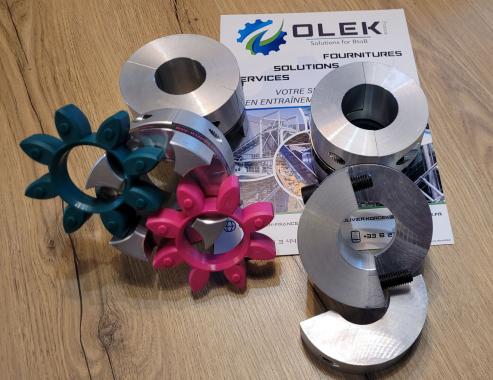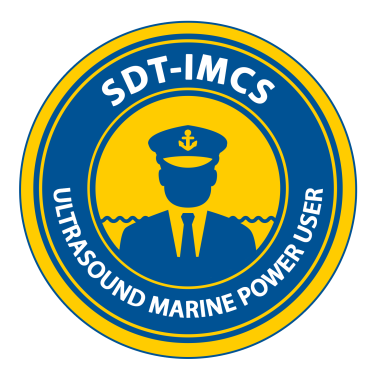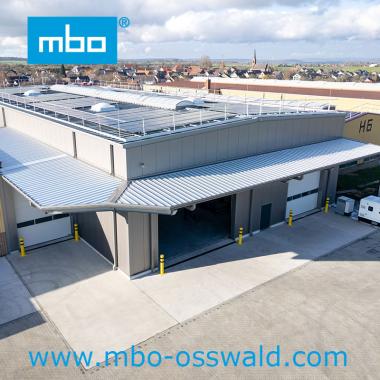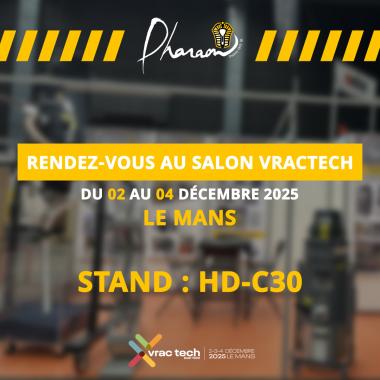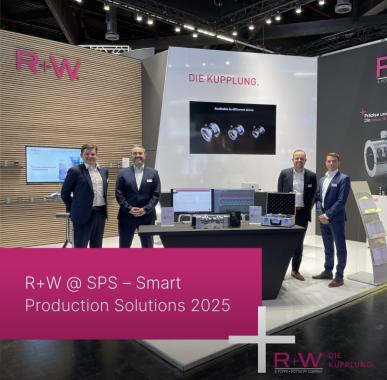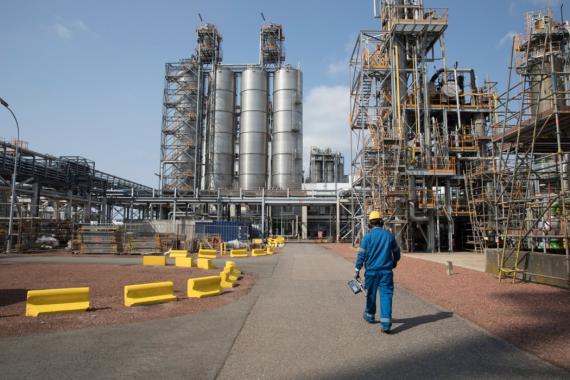Startups and SMEs: strategic partnerships at the service of reindustrialization
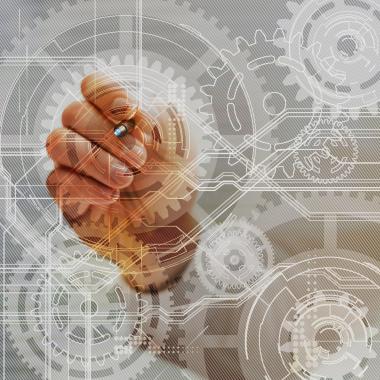
The link between industrial SMEs and start-ups has never been so strong: the development of bridges between these two players is a priority for the government to accelerate the reindustrialization of the country. 2.3 billion euros have thus been mobilized as part of its “Industrial and deep tech start-ups” strategy. Zoom on a protean phenomenon, rich in opportunities for the actors of the sector.
Innovative, disruptive, agile, reactive… Startups have assets that allow them to develop cutting-edge industrial solutions in record time. SMEs, but also ETIs and large industrial groups, have understood the gains in productivity and efficiency that they could derive from these players with complementary characteristics, carriers of innovative solutions, often initiated by young passionate researchers.
A multifaceted disruption
In fact, examples of “industrial start-ups” are not lacking. Meanwhile with its autonomous mobile robots capable of navigating within a factory and its employees. Sigscan and its geolocation and industrial flow management solutions with a geolocated electronic tag system. Neovision and its tailor-made artificial intelligence technologies. Watt Earth and its technology capable of autonomously and predictively managing its energy consumption and production. Néolithe, which transforms non-recyclable, non-inert and non-hazardous waste into reusable mineral aggregates in the construction sector. Each of these examples illustrates the variety of benefits that industrial SMEs can derive: significant productivity gains, for projection into the industry of the future. And for many of these companies, innovation also involves the native integration of issues related to the environment, decarbonization and the integration of their products, according to the rules of the circular economy.
The mergers between SMEs and start-ups can have several objectives: sale of components, machines or services, assistance with the industrialization of the start-up, or even its financing. Often, start-ups offer digital solutions that support the transition to Industry 4.0. But, in some cases, startups ensure production themselves: they develop innovative products that are not necessarily based on breakthrough technological innovations. Patented in some cases, at least protected by designs and models, the products in question disrupt their markets by their way of integrating use as a starting point or by a business model that is based on enjoyment rather than possession. .
The interest for startups to create links with players in the French mechanical industry? Promote their know-how, present their innovations, even bring out new products and services.
Elco and Stirweld, an example of a win-win partnership
This is the meaning, for example, of the merger of two Breton players: Elco, an SME specializing in the manufacture of cutting tools and tool holders, and Stirweld, a start-up expert in aluminum welding and bi-material assemblies. Founded more than 115 years ago under the name Leclerc, the first has around a hundred employees and supplies many industrial players, particularly in France and Great Britain. Founded in 2017, resulting from two research laboratories (the Maupertuis Institute and the ENS Rennes), the second now has 24 employees. Its core business: supplying its customers with elements to implement the Friction Stir Welding (FSW) technology that the latter are responsible for producing themselves.
“Elco manufactures the tools we design,” explains Laurent Dubourg, CEO of Stirweld. This merger allows us to avoid investing in manufacturing machines and to benefit from the century-old know-how of a local partner, based like us in Brittany. We can thus concentrate fully on our added value, a very specific know-how: the design of these tools. But also on their marketing on a global scale”. For his part, Patrick Chales, product manager at Elco, points out the advantages that the SME draws from the collaboration: "For us, it is the opportunity to diversify the products that we manufacture, with welding tools, and no longer only cutting tools. We can thus work on a particularly innovative subject and position ourselves in a growing niche market. Capitalizing on their early successes, Elco and StriWeld have launched a new collaborative project around the development of new tools.
Create bridges between two worlds
Initially, the two companies met through the Sunni technology platform, which was set up by Elco. A detail that is important: the contact between actors generally evolving in distinct ecosystems is proving to be a key issue. "We must create a meeting between these two worlds, by establishing a more intricate knowledge transfer model towards ecosystems associating companies and start-ups", insists Philippe Lubineau, director of research at the Technical Center for Mechanical Industries (CETIM). This work involves first identifying innovation, then referencing promising start-ups, before bringing them together to connect them with industrial companies. Like France Industrie with Start Industrie, which brings together many partners including CSI France, the collective of industrial start-ups, many structures are working in this direction. And thus bring together the conditions to bring out the industrial innovations of tomorrow.
Our other news
See allJoin the largest community of industrial suppliers
- Helping you with your ongoing technology watch
- Provide you with detailed supplier statistics
- Give you international visibility
Discover the largest catalogue of industrial products on the market
- To offer you the best catalogue of industrial products on the market
- To guarantee you a 100% secure platform
- Enable you to have live remote exchanges
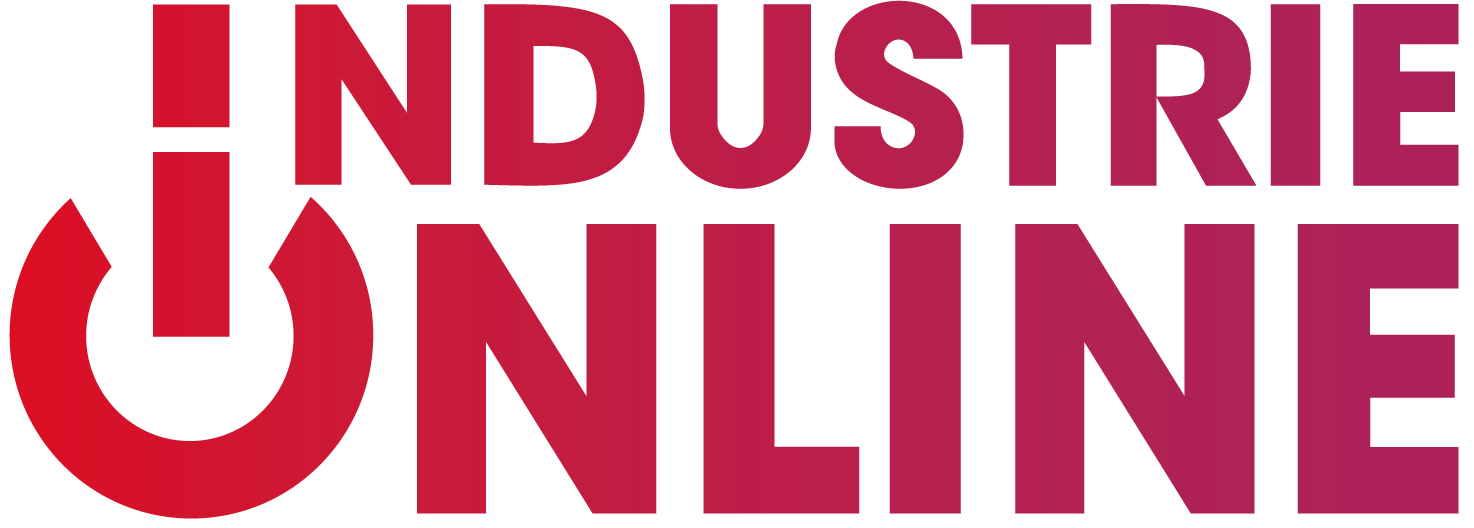

 Français
Français 